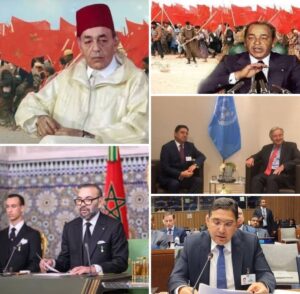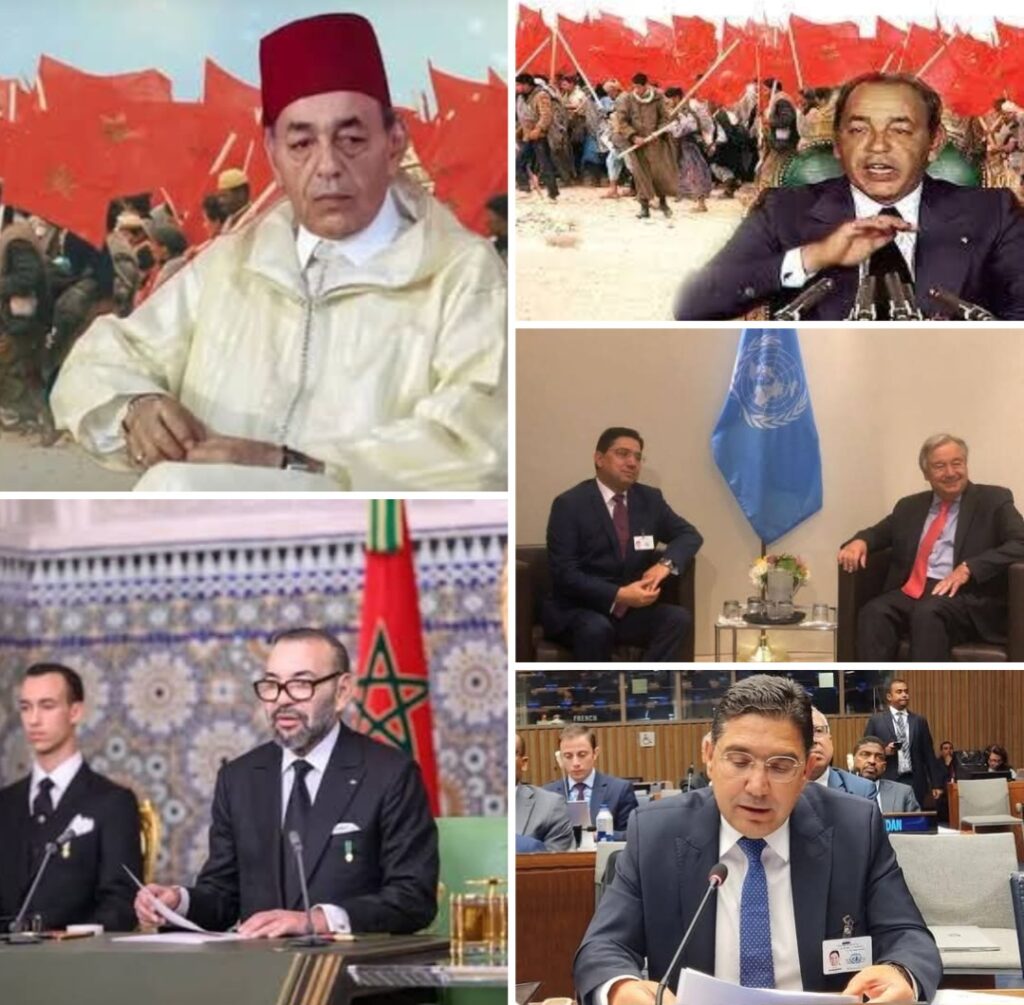By: Julius Konton
The Embassy of the Kingdom of Morocco in Monrovia has commemorated the 50th anniversary of the Green March, a historic event described as the turning point that reshaped Morocco’s national identity, diplomacy, and development trajectory.
The event, held on November 6, highlighted the peaceful march of 350,000 Moroccan civilians into the Sahara in 1975, responding to the call of the late King Hassan II, a moment that remains one of the largest and most significant peaceful mobilizations in modern history.
“Tomorrow, the Green March will start; tomorrow you will head to the Sahara to reclaim it. You will march in order and calm, carrying no weapon or stick.”
King Hassan II, November 5, 1975.
Participants of the original 1975 march carried only Qurans and Moroccan flags, a peaceful assertion of sovereignty following an advisory opinion from the International Court of Justice (ICJ), which acknowledged historical ties of allegiance between Sahrawi tribes and the Moroccan monarchy.
Diplomats at the Monrovia ceremony emphasized that the march demonstrated the unique unity of the Moroccan people and the monarchy.
“The Green March was not just a national demonstration, it was a peaceful assertion of identity, history, and territorial integrity,”
an embassy representative said during the program.
Morocco says the legacy of the March is visible today through major infrastructure and economic investments transforming the Sahara into a regional development hub.
Key projects highlighted include:
Dakhla Atlantic Port (ongoing) positioned to serve West African trade
Tiznit, Dakhla express highway covering 1,055 km
Renewable energy plants in Laayoune and Boujdour
New airports, logistics zones, and social development programs
“The new march is made of infrastructure, innovation, and investment,”
the embassy noted.
Independent economic observers have described the southern regions as among the fastest-developing territories in North Africa.
Over the past decade, Morocco has recorded significant diplomatic gains:
More than 84 countries have publicly supported Morocco’s sovereignty position.
Over 30 nations have opened consulates in Laayoune and Dakhla, reflecting diplomatic recognition on the ground.
The United States, Spain, and Germany have all endorsed Morocco’s autonomy plan as the most credible solution.
In October, the UN Security Council again welcomed Morocco’s autonomy initiative as “serious, credible and realistic.”
“The world has moved from discussing whether there is a conflict to acknowledging the path toward resolution,”
the embassy stressed.
Since ascending to the throne, His Majesty King Mohammed VI has shifted the Sahara narrative from sovereignty to development, positioning the region as Morocco’s gateway to Africa.
“The Sahara is the heart of Morocco, and Morocco is the heart of the Sahara,”
King Mohammed VI has stated in official speeches.
Diplomats emphasized that today’s generation is continuing the march through innovation, trade, and investment.
“The first march carried flags and Qurans. Today’s march carries technology, ideas, and development,” the embassy remarked.
As the commemorative ceremony closed, Moroccan diplomats reflected on the symbolism of 50 years of unity and progress.
“The Green March is not a moment in history, it is a living chapter that continues to shape Morocco’s future.”

